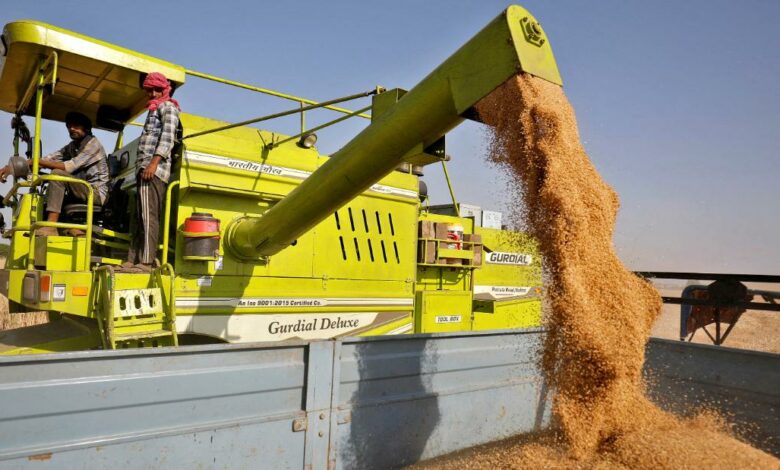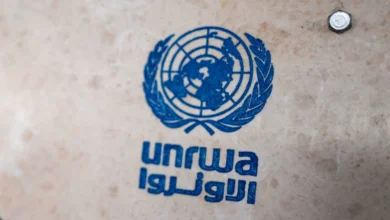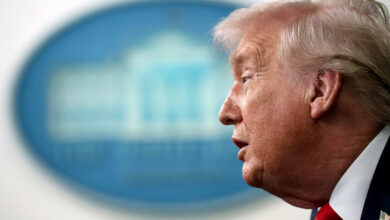
The former advisor to Minister of Supply and Internal Trade Nader Nour-Eddin, said on Friday that Egypt’s withdrawal from the United Nations Grains Trade Convention (GTC) agreement came as a result of the agreement’s inability to control the grain market.
Egypt had given notice that it would withdraw from GTC by the end of June, causing concern among some of the other signatories to the agreement.
Egypt signed onto the agreement, which represents the only international treaty covering the grain trade, since its inception in 1995.
This February, it submitted a request to withdraw from the deal effective June 30.
Nour-Eddin explained that Egypt signed the convention since 1995 with the confidence of this agreement to control the grain market, as Egypt is one of the most important importers of grains in the world – especially wheat and corn.
In the past year, he noted that Egypt has suffered from the Russian-Ukrainian crisis, which brought on a significant rise in grain prices – the global price of wheat doubled to record currently about US$520 per ton.
He said that the treaty was not able to intervene with the producing countries to control the rise in prices or stand by the importing countries, especially poor African countries which depend on grain imports to a large extent.
Egypt’s withdrawal from the agreement was a result of the agreements failure to achieve the interests of both grain producers and importers at the same time.
“What we witnessed recently is that it is achieving the interest of producers only,” he lamented.
Nour-Eddin added that the US has tended to increase the price of wheat to unprecedented levels, taking advantage of the global war crisis, without any significant interference from the agreement to address the harm of this move on importing countries.
Egypt bore the cost of paying for the subscription to this UN agreement worth several million dollars annually without benefiting from obtaining grain at reasonable prices, he said.
Nour-Eddin added that the agreement was also absent in previous crises, including in 2010 when grain was used in the production of biofuels, which led to an increase in global prices and greatly impacted importing countries such as including Egypt – and in 2008, when world prices increased without any effective input from the GTC.
The Egyptian Foreign Ministry confirmed that the decision was taken after an evaluation carried out by the Ministry of Supply and Internal Trade, which concluded that Egypt’s membership in GTC does not have any value.
“This happened without prior notice,” said the executive director of the International Grains Council, Arnaud Petit, which oversees the agreement. “Several delegations from the council’s member states are surprised and saddened by the decision.”
He added that a number of members asked Egypt to reconsider its decision.




